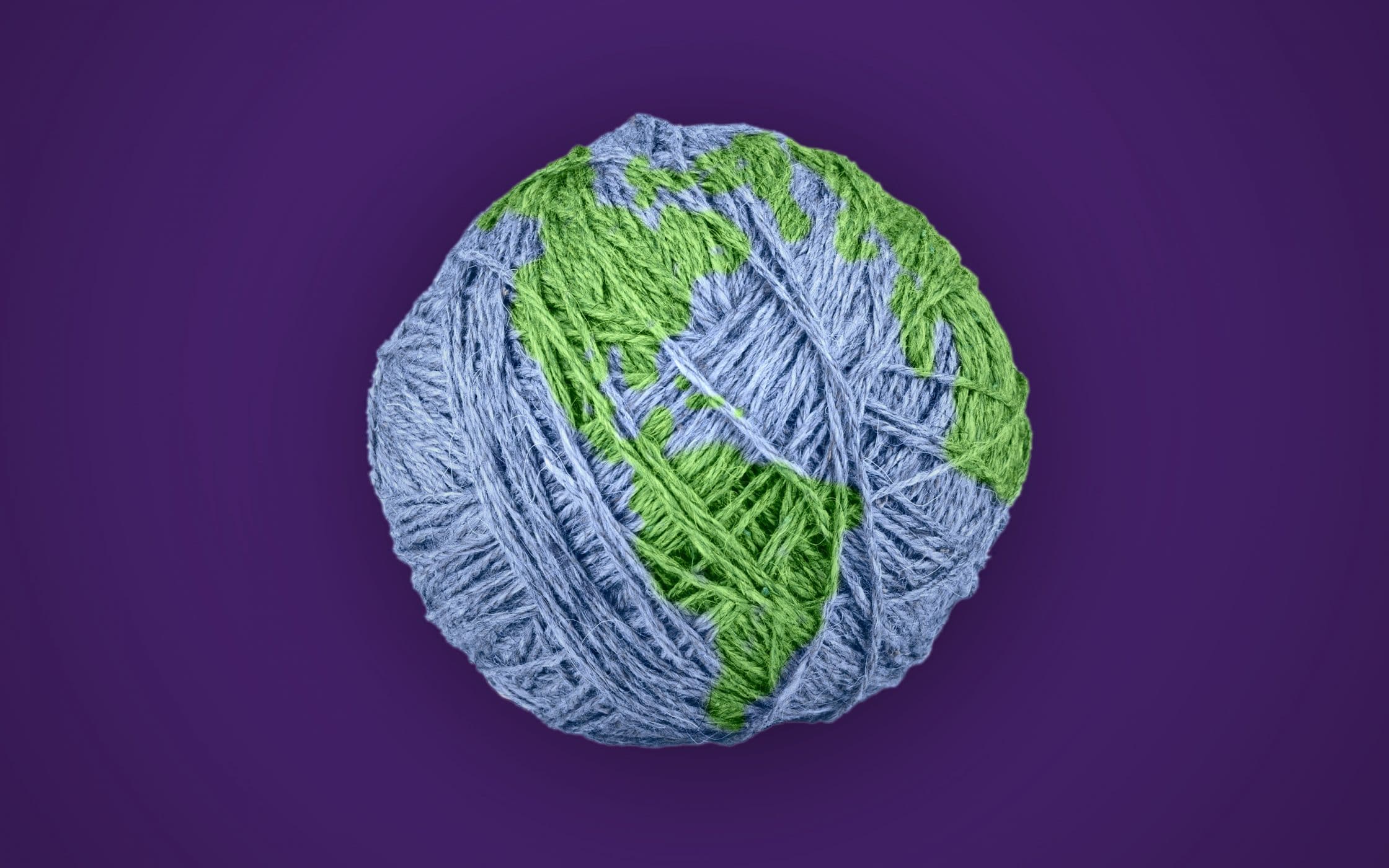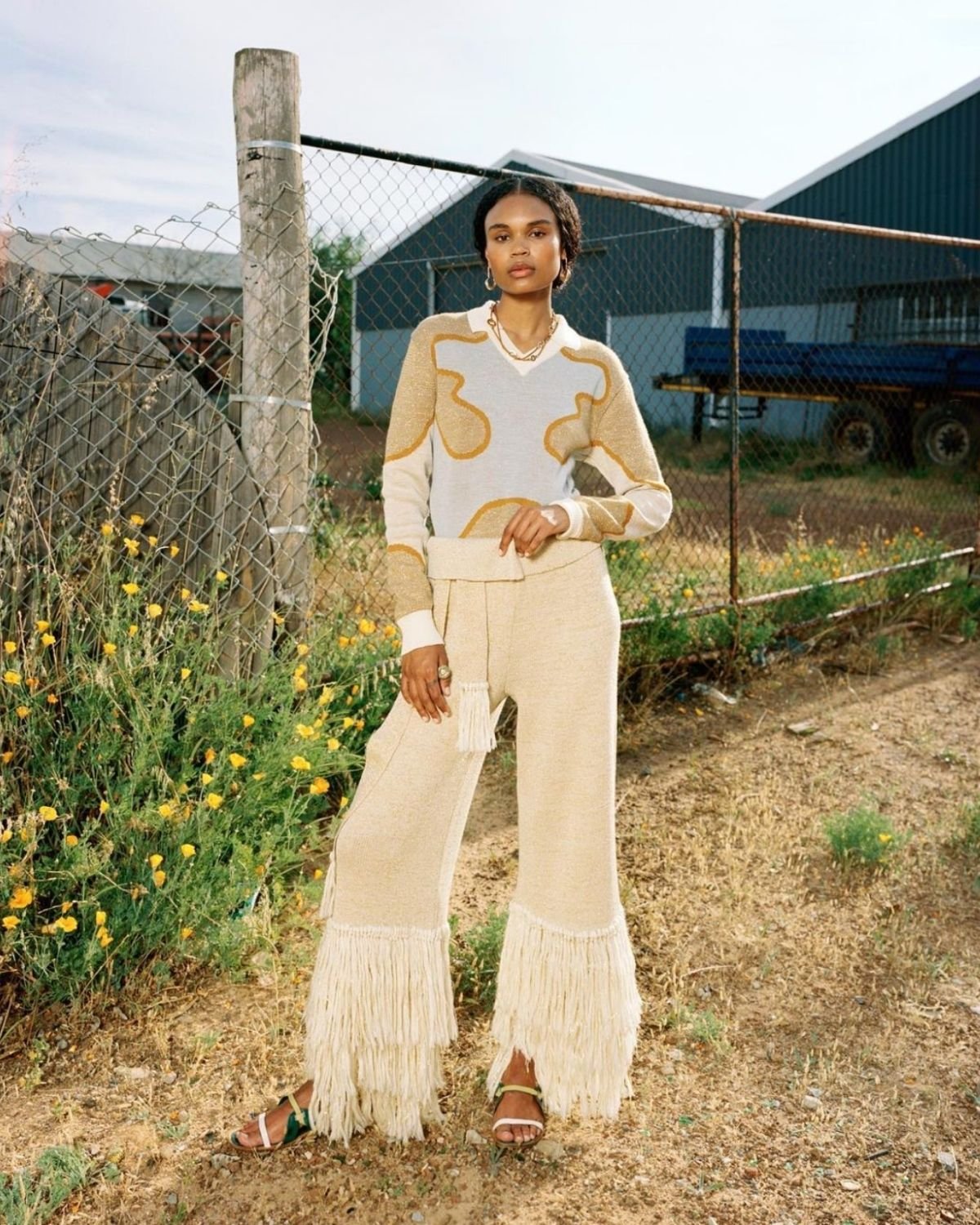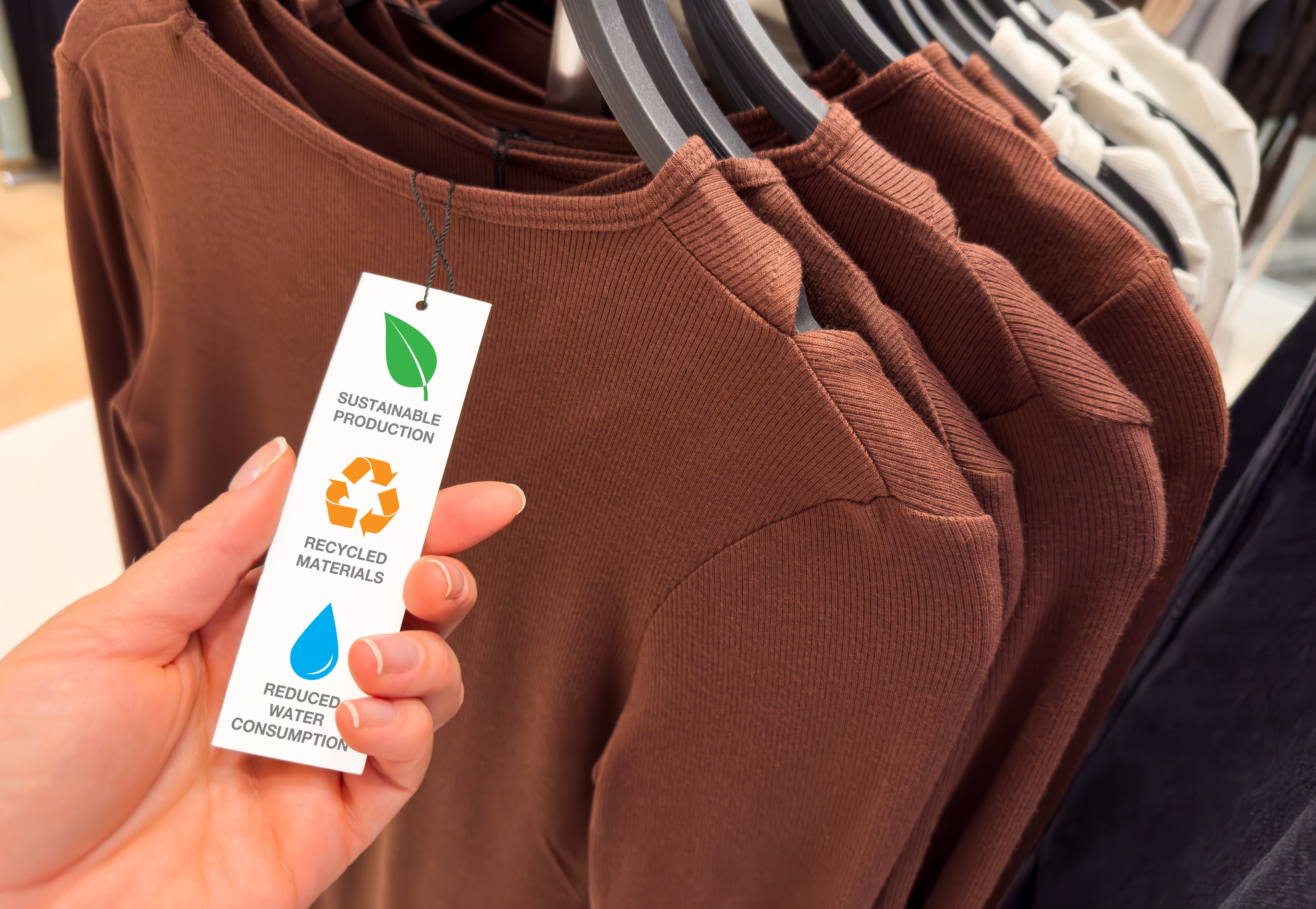Cape Town Sustainable Fashion: Redefining Style with Moral Choices
Stay Ahead of the Contour by Checking Out Ingenious Fashion Fads
In an industry as dynamic as fashion, remaining ahead involves greater than just complying with present fads-- it demands an exploration of advancement. Smart fabrics, as an example, are changing garments right into practical work of arts, while 3D printing is reinventing layout procedures with its personalized, waste-reducing capabilities. As sustainability becomes a keystone, technologies like green products and circular style techniques are reshaping environmental duty - Cape Town Sustainable Fashion. In addition, the convergence of modern technology and style proclaims a brand-new period of customer involvement. How, after that, can these emerging patterns redefine the future of fashion, and what effects do they hold for brands looking for to thrive in this developing landscape?

Embracing Smart Textiles
In recent times, the apparel industry has seen a transformative change with the assimilation of clever fabrics, a cutting-edge innovation that mixes modern technology with fabric. This evolution represents not just a blend of aesthetic appeals and capability yet additionally a considerable leap in the direction of sustainability and customization in vogue. Smart fabrics, also known as e-textiles, installed sophisticated electronics such as sensing units and conductive strings within the textile, allowing garments to connect with the environment or the wearer.
These textiles are created to keep an eye on physiological specifications, such as heart price or body temperature level, giving real-time wellness analytics. Beyond wellness applications, clever fabrics are likewise being made use of for flexible clothes, which can transform color or pattern in feedback to environmental stimuli, thus offering a dynamic fashion experience.
Furthermore, the growth of energy-harvesting fabrics that create power from activity or sunlight is leading the way for self-sufficient wearable innovation. This development is interesting eco aware consumers and designers intending to minimize the eco-friendly footprint of style. As r & d in this area advancement, clever fabrics are anticipated to end up being significantly prevalent, reshaping the landscape of modern fashion with their multifunctional capabilities.
The Surge of 3D Printing
Reinventing the production landscape, 3D printing has emerged as a game-changer in the apparel industry. This advanced technology has actually made it possible for designers to push the borders of creativity, producing complex and personalized garments that were formerly unthinkable. By leveraging electronic style and additive production, 3D printing promotes the creation of complex geometries and patterns, permitting developers to trying out new appearances and structures.
A significant advantage of 3D printing in vogue is its capacity to produce on-demand, reducing waste and minimizing inventory needs. This effectiveness not only optimizes production processes however additionally permits rapid prototyping, allowing developers to bring their visions to life in a much shorter duration. Furthermore, 3D printing sustains personalization somewhat unmatched by conventional methods, offering special styles and personalized fits tailored to individual consumer preferences.
The rise of 3D printing has likewise equalized style, making it obtainable to emerging designers who can now fabricate top notch pieces without substantial economic investment in typical production framework. As modern technology remains to development, the garment industry is poised to harness the full capacity of 3D printing, exploring new materials and methods that will unquestionably redefine just how fashion is developed and generated.
Sustainable Style Developments
As the fashion business faces the pushing need for ecological obligation, lasting style advancements have actually emerged at the leading edge of transformative modification. The growing recognition of eco-friendly impact has sustained a change towards even more eco-conscious practices and products. Brand names and developers are currently prioritizing sustainability, integrating methods that lessen waste and minimize carbon footprints.
One considerable growth is the surge of circular fashion, which emphasizes recycling and upcycling to prolong the lifecycle of garments. This technique not just decreases waste but likewise urges customers to adopt a much more conscious approach to apparel usage.
An additional advancement lies in the fostering of ingenious dyeing techniques that use waterless procedures or all-natural dyes, thus decreasing the vast amounts of water and chemicals typically used in textile dyeing. Additionally, developments in biotechnology have resulted in the development of lab-grown leather and fabrics, providing cruelty-free and eco-friendly alternatives to traditional materials. Through these introducing initiatives, the apparel industry is making meaningful strides towards an extra sustainable future.

Tech-Integrated Apparel
Tech-integrated garments represents a revolutionary blend of fashion and modern technology, reshaping just how individuals engage with their apparel. This innovative domain name is marked by the inclusion of wise textiles and ingrained electronic parts, improving both functionality and visual charm. From physical fitness trackers installed in sports apparel to heated coats regulated by means of mobile phone applications, tech-integrated garments provides customers unprecedented convenience and flexibility.
Pioneering brand names are driving this trend, concentrating check over here on developing garments that react to environmental stimulations or individual commands. For example, some garments can alter shade or pattern in response to temperature changes, while others include biometric sensors to keep track of health and wellness metrics like heart price or anxiety levels. The seamless integration of innovation into textiles likewise includes ecological sustainability, with efforts to develop self-cleaning textiles or garments that get used to climate condition, thus decreasing the requirement for numerous layers.
Additionally, the advent of wearable modern technology is not simply restricted to garments yet encompasses accessories like watches and glasses, more broadening the range of tech-integrated fashion. As the sector proceeds to innovate, the capacity for personalization and personalization in clothing grows, offering consumers distinct, tech-enhanced fashion experiences that satisfy their specific demands and choices.
Future of Virtual Style
In the last few years, the future of digital fashion has become a transformative pressure within the market, leveraging improvements in electronic technology to redefine just how fashion is produced, experienced, and eaten. By incorporating increased truth (AR), online truth (VR), and 3D style tools, developers can currently craft interactive and immersive experiences that go beyond typical style borders. Online style permits the creation of garments that exist exclusively in electronic settings, providing limitless opportunities for advancement without the limitations of physical manufacturing.
This electronic change not only provides possibilities for imaginative expression however likewise addresses sustainability concerns intrinsic in typical fashion methods. Cape Town Sustainable Fashion. By eliminating the demand for physical resources, online fashion reduces waste and lessens carbon footprints. Furthermore, the rise of virtual style aligns with the raising customer need for distinct and personalized experiences, as digital garments can be tailored and customized to individual choices with convenience

Verdict
The fashion business's future depend on the integration of lasting methods and ingenious modern technologies - Cape Town Sustainable Fashion. Smart fabrics and tech-integrated garments are boosting capability, while 3D printing supplies chances for modification and waste reduction. Sustainable fashion, via round techniques and environment-friendly products, demonstrates a dedication to ecological stewardship. Additionally, digital style is poised to redefine customer interactions. Adjusting to these patterns is important for brand names looking for to continue to be appropriate and affordable in this swiftly evolving landscape.
In current years, the fashion industry has actually witnessed a transformative change with the assimilation of clever textiles, an Read Full Report advanced advancement that blends modern technology with fabric.As the style sector grapples with the pushing need for ecological duty, lasting style developments have emerged at the leading edge of transformative change.In current years, the future of virtual style has arised as a transformative pressure within the sector, leveraging innovations in electronic innovation to redefine just how style is created, experienced, and consumed. The rise of virtual fashion aligns with the boosting customer demand for personalized and special experiences, as online garments can be customized and tailored to private choices with convenience.
The fashion market's future lies in the combination of innovative modern technologies and sustainable methods.